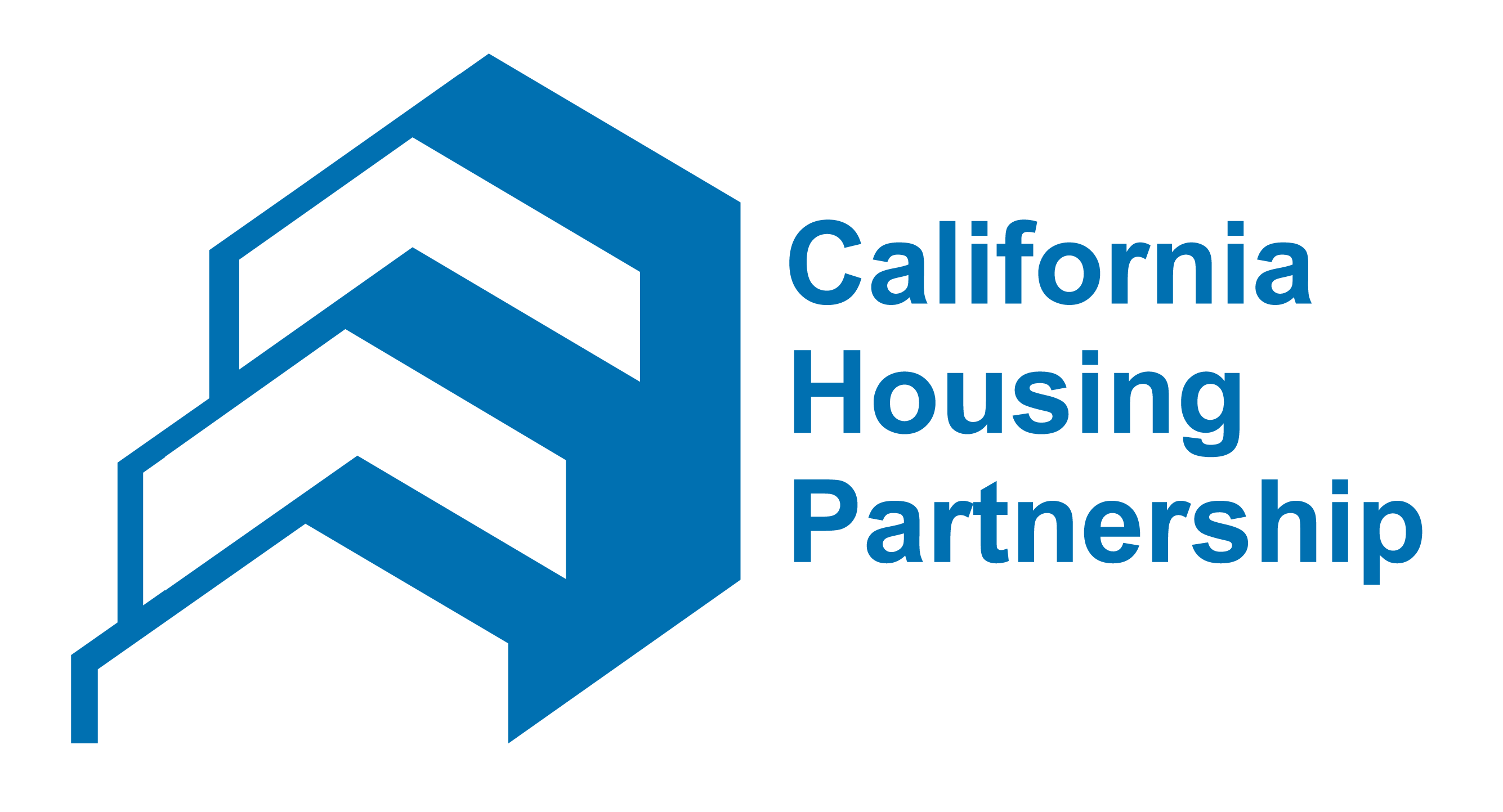FOR IMMEDIATE RELEASE
Media Contacts:
Alicia Sebastian, California Coalition for Rural Housing
Christina Gotuaco, California Housing Partnership
Housing Costs Put Low-Income Families At Risk of Homelessness, New Report Shows Deficit in Affordable Housing and Funding in the San Joaquin Valley
May 27, 2021 (San Joaquin Valley, CA) – The California Housing Partnership released today — in collaboration with the California Coalition for Rural Housing and partners across the San Joaquin Valley — 8 new reports that show a staggering deficit of affordable housing for low-income renters and ever-increasing housing costs that are driving the cost of living out of reach for vulnerable working families across the San Joaquin Valley. Each report features recommended policy solutions for the State. Read the reports here: San Joaquin County, Stanislaus County, Merced County, Madera County, Fresno County, Tulare County, Kings County, Kern County.
Main key findings:
San Joaquin
Renters in San Joaquin County need to earn $26.02 per hour – 1.9 times the state minimum wage – to afford the average monthly asking rent of $1,353.
State funding increased 108% and federal funding increased 51% for housing production and preservation in San Joaquin County from FY 2018-19 to FY 2019-20.
Stanislaus
Renters in Stanislaus County need to earn $24.13 per hour – 1.7 times the state minimum wage – to afford the average monthly asking rent of $1,255.
In Stanislaus County, state funding increased 106% while federal funding decreased 88% for housing production and preservation from FY 2018-19 to FY 2019-20.
Merced
Renters in Merced County need to earn $18.63 per hour – 1.3 times the state minimum wage – to afford the average monthly asking rent of $969.
In Merced County, state funding decreased 49% while federal funding increased 228% for housing production and preservation from FY 2018-19 to FY 2019-20.
Madera
Renters in Madera County need to earn $17.84 per hour – 1.3 times the state minimum wage – to afford the average monthly asking rent of $928.
State funding increased 140% and federal funding increased 1,558% for housing production and preservation in Madera County from FY 2018-19 to FY 2019-20.
Fresno
Renters in Fresno County need to earn $20.52 per hour – 1.5 times the state minimum wage – to afford the average monthly asking rent of $1,067.
In Fresno County, state funding increased 51% and federal funding decreased 15% for housing production and preservation from FY 2018-19 to FY 2019-20.
Tulare
Renters in Tulare County need to earn $18.83 per hour – 1.3 times the state minimum wage – to afford the average monthly asking rent of $979.
In Tulare County state funding increased 1,358% while federal funding decreased 44% for housing production and preservation from FY 2018-19 to FY 2019-20.
Kings
Renters in Kings County need to earn $19.63 per hour – 1.4 times the state minimum wage – to afford the average monthly asking rent of $1,021.
In Kings County, state funding decreased 67% and federal funding decreased 28% for housing production and preservation from FY 2018-19 to FY 2019-20.
Kern
Renters in Kern County need to earn $19.10 per hour – 1.4 times the state minimum wage – to afford the average monthly asking rent of $993.
In Kern County, state funding increased 233% while federal funding decreased 20% for housing production and preservation from FY 2018-19 to FY 2019-20.
California Coalition for Rural Housing Executive Director, Rob Wiener, commented: “In California, including in the San Joaquin Valley, we have to move beyond the usual platitudes about having an affordable housing crisis. The last year has given us all a new appreciation for the importance of housing stability. We have seen unprecedented mobilization with eviction moratoriums and rental assistance and need to keep that momentum going beyond the pandemic. Housing justice is foundational to racial equity. California’s housing crisis is more than a crisis. It is a human catastrophe of historic dimensions. We must mobilize now with the political will and resources to significantly provide affordable homes to Californians or California’s future will be in serious jeopardy.”
“We urge state leaders to set clear, long-term goals so that the uses of this year’s state budget surplus are framed as downpayments on the sustained investments at scale that our region and state need to meet the four clear goals of California’s Roadmap Home 2030: ending homelessness, closing the affordable housing gap, protecting low-income renters, and advancing racial equity,” said Matt Schwartz, President and CEO of the California Housing Partnership.
Join in upcoming housing conversations at the 10th Annual (Virtual) San Joaquin Valley Affordable Housing Summit, Online Tuesday September 21st-Thursday September 23rd. For more information visit: http://www.sjvpartnership.org/housing-collaborative/
OR View the reports: https://chpc.net/publications/housing-need-reports/.
###
Formed in 1976 following a farmworker housing conference, the California Coalition for Rural Housing is one of the oldest state low-income housing coalitions in the country. Through advocacy, organizing, research, and technical assistance, our goal is to make the case for rural housing improvement and strengthen the capacity of the nonprofit and public sectors to provide affordable housing and related facilities. Members are primarily community-based nonprofit and public developers, including the largest self-help housing producers in the United States, as well as local government officials, and local activists concerned about rural quality of life.
The California Housing Partnership creates and preserves affordable and sustainable homes for Californians with low incomes by providing expert financial and policy solutions to nonprofit and public partners. Since 1988, the Partnership’s on-the-ground technical assistance, applied research, and legislative leadership has leveraged $25 billion in private and public financing to preserve and create more than 75,000 affordable homes. In addition, the Partnership provides statewide data tools for housing research and advocacy. | chpc.net
